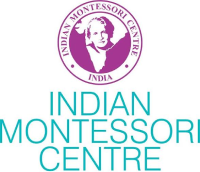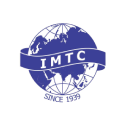Welcome to the first-ever edition of the monthly e-newsletter from the Indian Montessori Centre (IMC)!
August is a very special month for the Indian Montessori community. A month that signifies not only the freedom of our country but also the birth of an educator on August 31st, who fought passionately for the freedom of children- Dr. Maria Montessori!
As we ring in India’s 76th Independence Day on August 15th, let us also keep in mind Dr. Montessori’s words:
“Independence is not a static condition; it is a continuous conquest, and in order to reach not only freedom, but also strength, and the perfecting of one’s powers, it is necessary to follow this path of unremitting toil.”
With your wishes and support, we hope to take forward IMC’s work and mission and communicate it to this beautiful community of educators, guides, parents, caregivers, students, and businesspersons – all genuinely working towards furthering Dr. Montessori’s vision for education.

There is a belief that prevails in society- to give freedom to a child would just spoil them rotten. According to this belief, children do not know anything and they have to be told what to do. They have to be obedient, and only through obedience do they ‘learn’ discipline. This obedience is achieved by rewards or punishments. Well, if this belief of society is to be true, why do we see a lack of discipline in public spaces despite generations being brought up this way? In a month where we celebrate the independence of our country and Dr. Montessori’s birthday, let us try to interpret Dr. Montessori’s thoughts on Freedom and Discipline for the adults.
According to Dr. Montessori, freedom and discipline are two sides of the same coin. When we offer an environment that supports freedom of choice and movement within limits, the child chooses consciously, repeats freely, becomes independent, and uses the newfound independence to carry out tasks responsibly, which in turn leads to accountability and self-discipline.

In my opinion, the independence of thought of the adult is the first step for the child to attain freedom. It is important to give adults the opportunities to introspect their own belief systems, shake off the prejudices against children, and further use that learning to help children help themselves.
The child is born with the potential to construct his or her own personality. Adults need to understand their role- which is not only to meet the child’s physical and mental needs but also to use their own freedom to behave responsibly.
Society can be better only when adults practice self-discipline. Younger minds are watching while working on their own potential. Let us show the right way so that the world becomes a better place for all beings- animate and inanimate.

Trying times, meltdowns, and tantrums. All this calls for a Time-Out! Hmmm… how about a Time-In corner instead? Create a space in a corner for their big feelings.
- Place their favourite stuffed animals, books, and a clean sock cut and tied up into small bags filled with scented rice to smell and feel in a corner of your home.
- Some colour pencils, crayons and a drawing book too.
- Explain that this corner is a a place for them to come to relax when they feel sad, upset, irritated, angry, or tired.
- Initially, you might have to suggest the idea during a meltdown and stay with them over there for a bit. Once they get the idea, allow them choose when they would like to be in the Time In corner based on their emotions. This is called self-regulation of emotions!

Choose 3-4 pairs of leaves from different plants/trees. (preferably fallen). Wash them and place them on a tray. Show your child how to match the leaf pairs based on the shape. Put the leaves back in the tray and let them repeat for as long as they want.
You could even introduce the name of the tree from which you got the leaf and ask them to start a leaf album.
P.S: make it challenging guys. Don’t give a banana leaf pair and mint leaf pair!

Library corner!
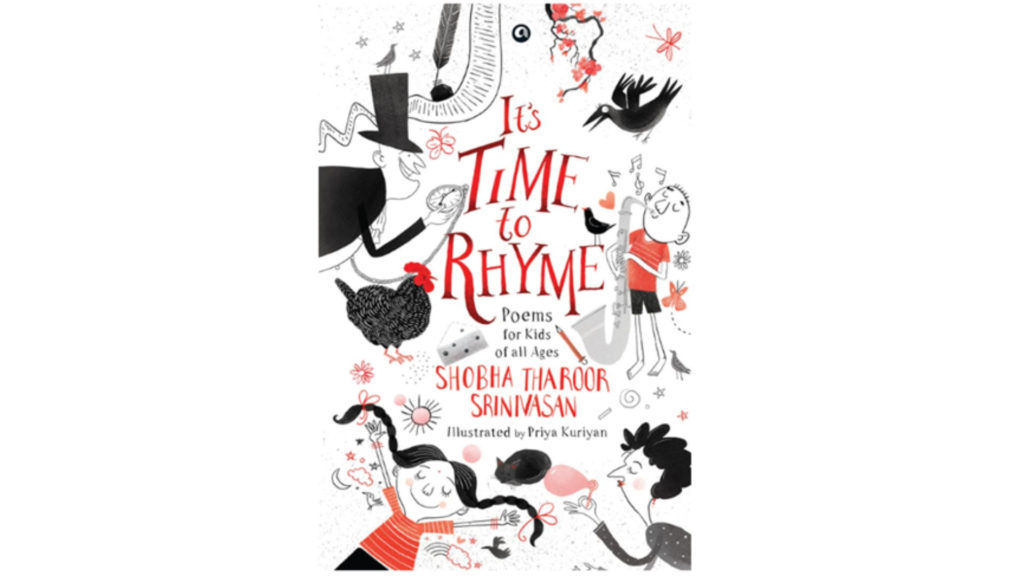
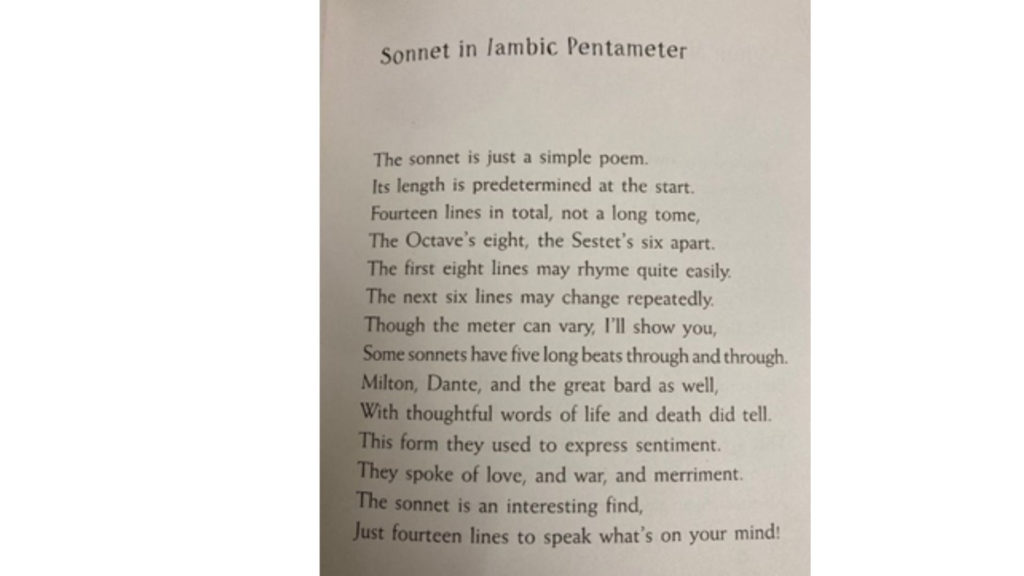
The example poems that follow are all very simple and non-intimidating so that anyone will feel like making an attempt on their own.
This is a great guide to teach form and patterns as part of their academic curriculum from sonnets in iambic pentameter to limericks, acrostics, and villanelles and more.
All the Ways to Be Smart
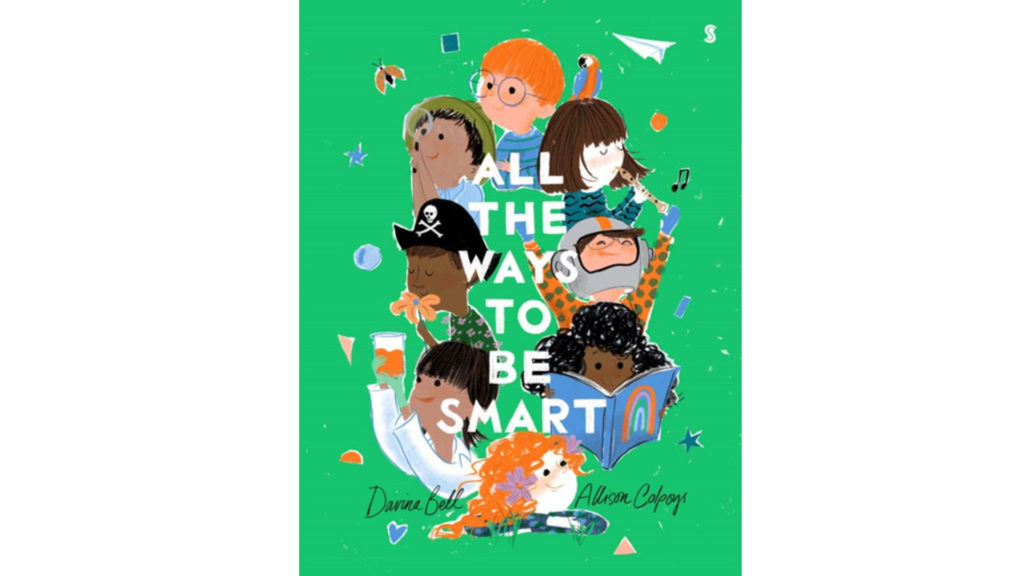
Art for the Heart!
- Place various specimens of leaves in glass jars.
- Mix various shades of green on a palette or in separate paper cups that match the shades on the specimens.
- Keep clean sheets of paper ready.
- Leave books on leaves and a magnifying glass for closer inspection.
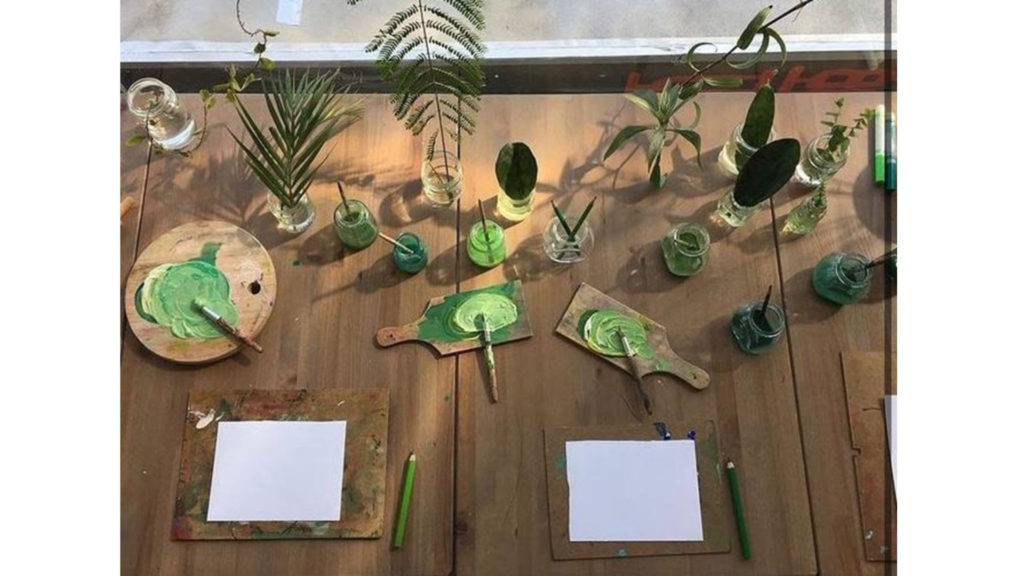

Aakam started as an after-school initiative where we helped children from various conventional schools discover the “Joy of learning” within the confines of the Montessori environment.At AMLC children are led from where they are in every aspect of their development and guided towards their optimal growth. The trained adults provide guidance in a manner that brings out the best in every child.
The children show marked progress in their academic performance, and social behavior and are visibly happy. This happiness was the incentive for us to embark on this journey.
Thank you for subscribing to Indian Montessori Centre’s newsletter! We hope to keep you updated with news from
- the different training centers- (Bengaluru, Chennai, Gurgaon,
Vietnam), - HOCs (House of Children),
- IMC Members (click to be a member)
- and IMTC Alumni!
If you are a Montessori guide, school, trainer, or parent, you can also contribute to this newsletter and communicate your ideas to others!
Just write to us via email: newsletter@
Follow us on Facebook and Instagram.
To receive this Newsletter as an e-mail in your inbox, Subscribe for Free here!
Looking forward to hearing from you as well!
With regards
IMC Newsletter editorial team


